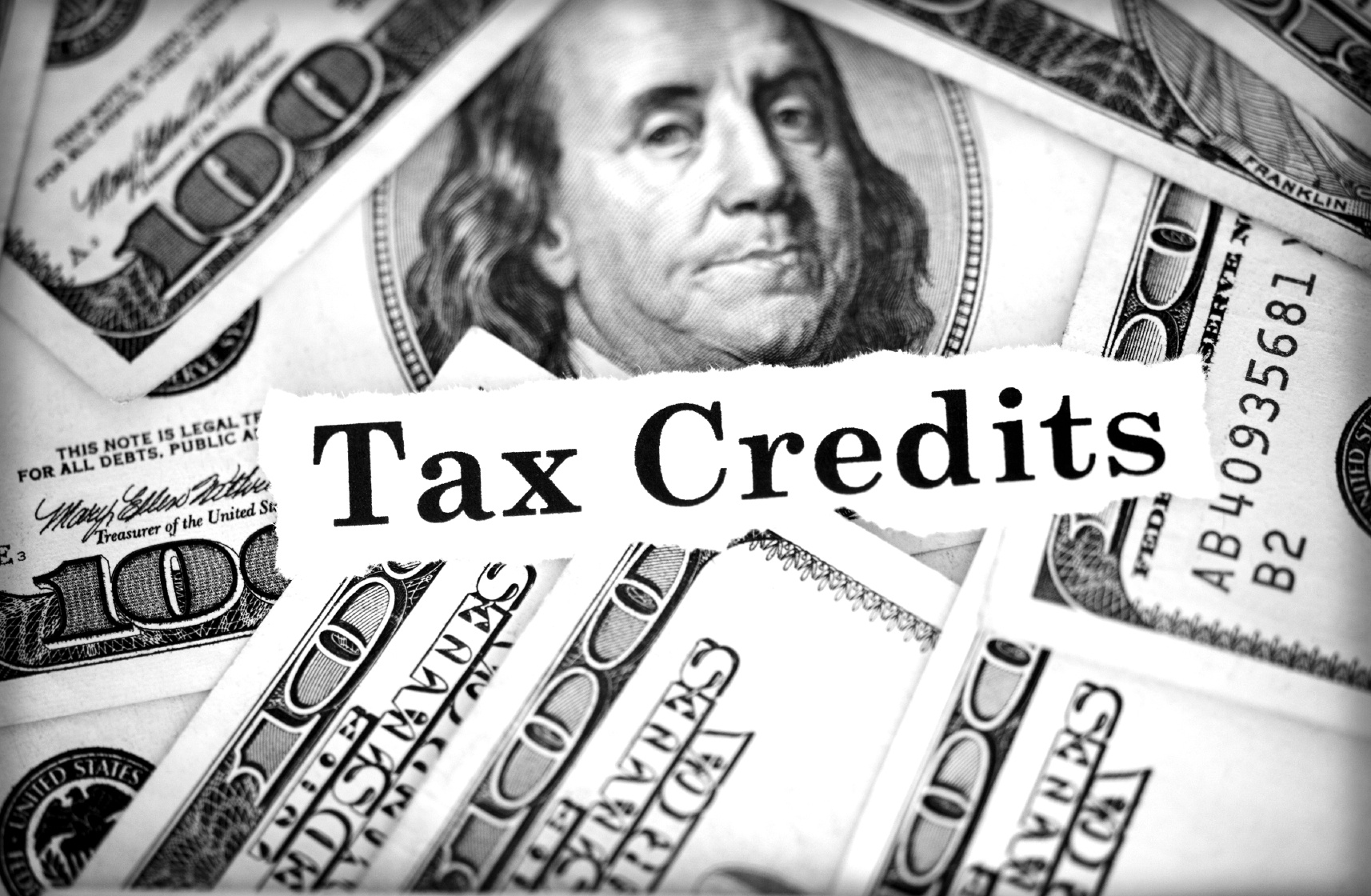
Today, we’ll continue with some more tips and tricks for maximizing rebates and incentives.
Verify accurate input by third parties: Several years ago, a national retailer needed to file hundreds of incentive applications in the context of a planned portfolio-wide lighting retrofit campaign. The utilities granting the incentives required plenty of project data, including the exact lighting equipment proposed, the resulting lighting power density, etc. Several of the lighting contractors didn't understand the data request and submitted Title 24 compliance documentation rather than what was required for the utility to sign off on the incentive. Once the error was discovered, the client managed to retrieve the correct data and salvage the incentive. The moral of the story is clear: you have to take the time to clarify the data needed from third parties to qualify for an incentive, and you have to verify that the data they provided is, in fact, what you requested.
File as early as possible: As generous as these funding pools are, there's a tremendous amount of demand for rebate and incentive dollars in most territories. Filing as early as possible helps ensure that you're in the waiting line and that they’re not going to be “sold out” before you get up to the counter to claim your “free money.”
Document changes: There are times when a utility or some other agency will make an exception for a good reason. For instance, they may tell you, "Okay, you didn't meet this criterion of our incentive filing process; however, we'll make a one-time exception because we know that your heart is in the right place and you're using the right equipment." If they do grant you some flexibility, you had better get it in writing.
I remember one particular instance where the utility did give a pass to one of our clients (before we started working for them). Unfortunately, this client didn't get it in writing. As a result, when the staffer who had exercised leniency left the utility (before the incentive check was actually paid) the incentive evaporated. The client lost the entire incentive when the retiring utility exec’s replacement reevaluated the situation and rescinded the special treatment.
Connect purchases with incentive approvals: Rebates are often paid in arrears; incentives are applied for and approved in advance. When it comes to incentives, your mantra should be “apply before you buy.” Do not proceed with an equipment order before you are approved for the incentive, even if your knowledge of that incentive motivated the decision to purchase that equipment. In the case of incentives, the utility must know that you did not actually purchase the equipment before your incentive was approved.
Monitor the measurement and verification process: If a utility requires you to document the “before” and “after” cases to verify that you earned the performance-based incentives being requested, you need to provide proper documentation. What if the measurement and verification (M&V) contractor misunderstands which criteria have to be measured? In other words, what if his M&V study fails to provide the utility with the evidence it needs to prove to its own regulators that you deserve the incentive dollars that you are requesting?
Align all interests: I've had several people tell me during my career of filing rebates, "We don’t need to hire a professional rebate administrator – we have two people in the back room doing that," or, "We make our contractors handle all rebate/incentive filings as a condition of doing business with us." There is no way that a contractor (who does not get any share of the rebate or incentive money) is going to be as motivated to maximize the rebate/incentive dollars you receive. The contractor is trying to minimize his paperwork, not maximize it. That contractor is trying to get the job done and move on to his next one. Moreover, unless you’re a professional rebate filer yourself, you’re not likely to know what a good job looks like. Bottom line, if you’re depending on a third party to file rebates or incentives for you, make sure that they have as big a stake in the game as you do to maximize that “free money” – for example, you want them to apply under the right program(s) and lobby for a more generous incentive calculation, if applicable. If they have no financial stake in the outcome, their lack of diligence may cost you dearly.
Love one of our blogs? Feel free to use an excerpt on your own site, newsletter, blog, etc. Just be sure to send us a copy or link, and include the following at the end of the excerpt: “By Mark Jewell, Wall Street Journal best-selling author of Selling Energy: Inspiring Ideas That Get More Projects Approved! This content is excerpted from the Sales Ninja blog, Mark Jewell's daily blog on ideas and inspiration for advancing efficiency. Sign up at SellingEnergy.com.”
Want our daily content delivered to your inbox? Subscribe to the Sales Ninja blog!







